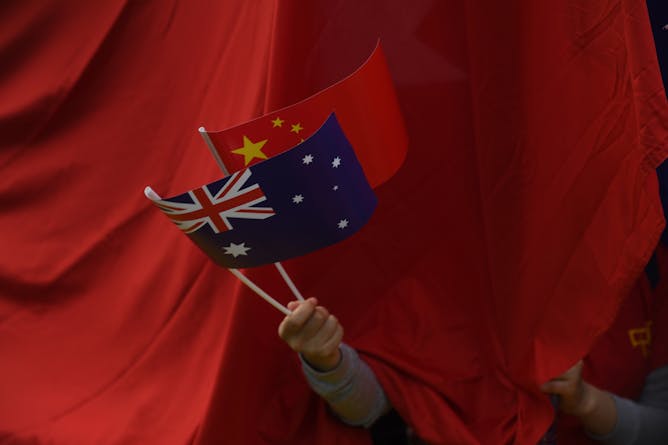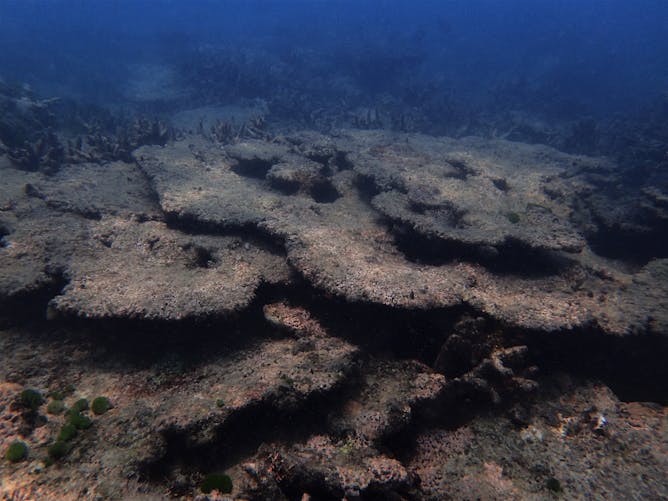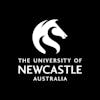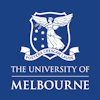|
|
|
Editor's note
|
|
For decades geneticists have tried to work out whether there is a “gay gene”. Now the largest ever study – involving genetic information from almost half-a-million people – reveals there are likely to be many genes that influence same-sex behaviour, rather than just one.
Researchers led by Brendan Zietsch of the University of Queensland compared people’s genetic makeup with their sexual behaviour and identity. They found hundreds of places in the DNA sequence that seem to influence same-sex attraction.
As Zietsch explains, the biology involved is so complex we still can’t predict a person’s sexuality based purely on their genes.
|
Michael Hopkin
Science + Technology Editor
|

|
|
Top story
|

The biology of same-sex attraction seems to involve a host of genes.
Dewald Kirsten/Shutterstock
Brendan Zietsch, The University of Queensland
The largest study of its kind - comparing the genetic sequences of almost half a million people - has revealed many different parts of our genetic code that seem to influence same-sex sexual behaviour.
|

Attorney-General Christian Porter announced the draft bill at Sydney’s Great Synagogue.
Bianca de Marchi/AAP
Liam Elphick, University of Western Australia; Amy Maguire, University of Newcastle; Anja Hilkemeijer, University of Tasmania
Given the unique aspects of the proposed bill, there should be a longer consultation period to examine why religious freedoms should be prioritised over other freedoms.
|

As crucial as the Australia-China relationship might be for Australia’s economic well being, the indications suggest the ups and downs may get rougher.
Sam Mooy/AAP
Michelle Grattan, University of Canberra
Australia is being very explicit in response to concerns about China at the moment, increasingly prepared to put aside the imperatives of diplomacy when necessary.
|

Resilient corals are offering hope for bleached reefs.
Emma Camp
Emma F Camp, University of Technology Sydney; David Suggett, University of Technology Sydney
How super is a super coral? And what are they super at? Protecting our coral reefs means we need to find out.
|
Arts + Culture
|
-
Michael Adams, University of Wollongong
A giant ocean fish swims into the heart of industrial Port Kembla looking for food. What if we take its presence, a few km from an ancient, living midden, as a symbol of both new and old ways to learn in the age of the Anthropocene?
-
Masafumi Monden, University of Western Australia
While male dancers in the US and Australia seek to combat bullying with #boysdancetoo, Japanese culture accepts and embraces male ballet dancing.
|
|
|
|
Health + Medicine
|
-
John Gall, University of Melbourne
What happens during a forensic medical examination? And if you've been sexually assaulted, what can you expect?
-
Evelyn Volders, Monash University
Milk and cookies might be a famous combination, but there's little evidence so-called lactation biscuits can promote milk flow in breastfeeding mothers.
|
|
|
|
Science + Technology
|
-
Richard Bean, The University of Queensland
Computer capabilities have boosted our decryption technology to great heights. How will the future compare to a past, one in which codes were thought to be a means of communicating after death?
-
Michael Hopkin, The Conversation
From cutting-edge research, to public education, journalism and even schoolkid scientists, Australia's best science was on display at the annual Eureka Prizes.
|
|
Environment + Energy
|
-
Jonathan Pollock, Australian Bureau of Meteorology; Andrew B. Watkins, Australian Bureau of Meteorology
Dry and warm conditions in winter are set to continue into spring, and the likely culprit is the positive Indian Ocean Dipole
|
|
Politics + Society
|
-
Tara McAllister, University of Auckland; Sereana Naepi, Thompson Rivers University
New research shows that Māori and Pasifika scholars are significantly under-represented in New Zealand's universities, making up only 5% and 1.7% of the academic workforce, respectively.
-
Michelle Grattan, University of Canberra
Under the government's draft religious discrimination legislation, big companies would face tougher rules in relation to indirect discrimination.
-
Anne Twomey, University of Sydney
Proroguing the parliament for five weeks at a crucial time may prove to be a masterstroke in ensuring a no-deal Brexit.
-
Donald R. Rothwell, Australian National University
The detained writer is entitled to Australian consular access while in prison in China, but like other detained Chinese-Australians, Canberra has few other legal options to help him.
|
|
Education
|
-
Jessica Holloway, Deakin University; Steven Lewis, Deakin University
Under no circumstances do NAPLAN scores alone indicate a student's full potential, so linking them to any future job application is a dangerous idea.
|
|
| |
Featured jobs
|

|
Western Sydney University — Sydney, New South Wales
|

|
Monash University — Clayton, Victoria
|

|
Queensland University of Technology — Brisbane City, Queensland
|

|
University of Western Australia — Perth, Western Australia
|
|
|
|
Featured events
|

|
ATC Building, University of Newcastle, Callaghan, New South Wales, 2308, Australia — University of Newcastle
|

|
Forum Theatre, Level 1 Arts West Building, The University of Melbourne, Parkville, Melbourne, Victoria, 3010, Australia — University of Melbourne
|

|
Moorooduc Highway, Frankston, Victoria, 3199, Australia — Monash University
|

|
Moorooduc Highway, Frankston, Victoria, 3199, Australia — Monash University
|
|
|
|
| |
| |
| |
| |
| |
|
|
|
|
|
|
|